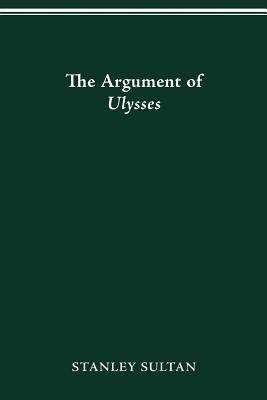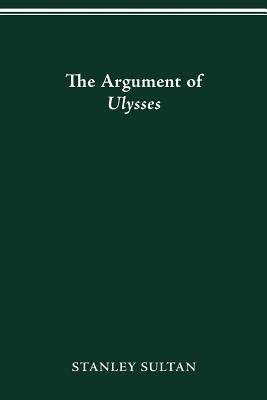
- Afhalen na 1 uur in een winkel met voorraad
- Gratis thuislevering in België vanaf € 30
- Ruim aanbod met 7 miljoen producten
- Afhalen na 1 uur in een winkel met voorraad
- Gratis thuislevering in België vanaf € 30
- Ruim aanbod met 7 miljoen producten
Zoeken
Omschrijving
The enigma of James Joyce's Ulysses remains, and the difficulty is far more fundamental than the considerable amount of material written about the novel would suggest. From its publication, books and articles have been written discussing its stylistic singularities, its patterns of allusion, and its various complexes of symbolic meaning. There exists, however, no general agreement about that which would ordinarily be regarded as an antecedent, even a primary, consideration: what happens in the book. It clearly has a protagonist, yet there has been no generally accepted account of what he experiences, or what he does. No one has demonstrated conclusively how Mr. Bloom's odyssey ends-or even whether it ends at all. The present study is not a "reading" of Ulysses accompanied by an interpretation, but a demonstration of the ways in which the novel works, chapter to chapter, to unfold the story of what its chief characters experience, do, and become. Stanley Sultan is associate professor of English at Clark University, Worcester, Massachusetts.
Specificaties
Betrokkenen
- Auteur(s):
- Uitgeverij:
Inhoud
- Aantal bladzijden:
- 502
- Taal:
- Engels
Eigenschappen
- Productcode (EAN):
- 9780814253557
- Verschijningsdatum:
- 1/01/1964
- Uitvoering:
- Paperback
- Formaat:
- Trade paperback (VS)
- Afmetingen:
- 152 mm x 229 mm
- Gewicht:
- 730 g

Alleen bij Standaard Boekhandel
+ 179 punten op je klantenkaart van Standaard Boekhandel
Beoordelingen
We publiceren alleen reviews die voldoen aan de voorwaarden voor reviews. Bekijk onze voorwaarden voor reviews.







